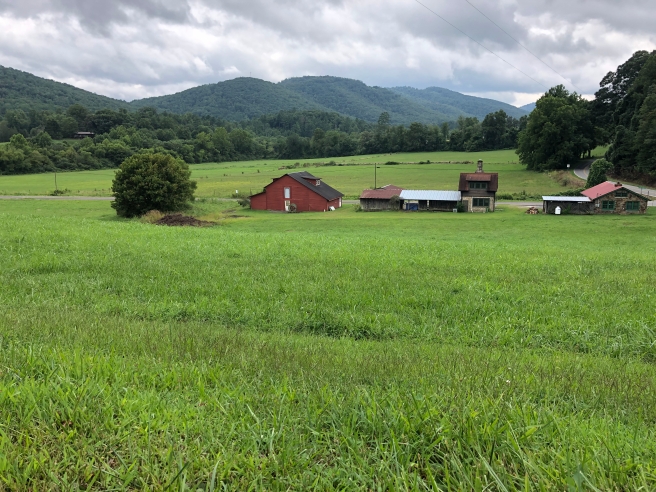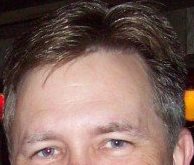Not too long ago I participated in a weekend writing workshop at the John C. Campbell Folk School in Brasstown, North Carolina. Beginning on Friday evening and ending at lunch on Sunday, the program provided inspiration, encouragement, writing prompts, editing tips, and one-on-one coaching for writers of all skill levels and in multiple genres. The instructor was a kind and gracious poet named Karen Paul Holmes, an award-winning writer who has been published in HuffPost, business publications, literary journals, and anthologies. Her books of poems are Untying the Knot (Aldrich Press, 2014) and No Such Thing as Distance (Terrapin Books, 2018). She founded and hosts the Side Door Poets in Atlanta and a monthly Writers’ Night Out in Blairsville, Georgia.

For more than 90 years, the John C. Campbell Folk School has encouraged all students and guests to become a part of its community through activities such as concerts, dances, presentations, and meals. People with varying interests are given a chance to come together through song, art, nature, gardening, cooking, and storytelling. From basketry to writing, participants can choose from over 860 weeklong and weekend classes each year in a broad variety of areas. This creative experience is enhanced by knowledgeable instructors and small classes. My writing class had only seven people. The classes are structured to create a non-competitive, hands-on learning environment.

Our class met in a house-turned-dorm and meeting space called the Orchard House. We had two males (including me) and five females. There was one young woman who appeared to be in her early thirties. The other five students were all older than I was. We were all amateur writers with diverse backgrounds: education, ministry (the other man), and corporate business. As a librarian, literary landmark manager, and artist retreat director, my career probably brought me closer to writing and writers than anyone else in the room save the instructor, but I certainly did not feel I had a competitive edge whatsoever. The retired folks were spending much more time writing than I was, and they took it seriously. They were good at it.
One woman had recently lost her aging mother after an extended decline, and she was working on a collection of reflective essays about the thoughts and emotions she experienced as her mother’s caregiver during those final years. The piece she shared with the group was funny at times but also incredibly moving. The retired Methodist pastor was an affable guy who had some great stories and the ability to translate them into writing that didn’t read like sermons. There was a woman who seemed to be still living in the 1960s. She was a widower and shared through her poetry intimate memories of the relationship she had with her husband, and sometimes her language bordered on the erotic. Her poems were passionate, but her sense of loss was still raw and full of grief. I was most impressed with the work of the woman I guessed was the oldest member of the class. She shared memoir-style essays that demonstrated wisdom, insight, and a remarkable command of words. I was envious.

This weekend dedicated to writing was an amazing opportunity provided to me by an artist who served on the advisory board of the retreat center where I was the director. It was such a rewarding experience. Our instructor gave us several writing exercises, one of which resulted in a short post titled “Bliss” that I decided to publish on this blog in 2018. I highly recommend this workshop with Karen Paul Holmes, but any program that gets us away from home and in the company of other writers to practice the craft can be immensely satisfying and productive. Finally, I would encourage anyone who values the arts to visit the John C. Campbell Folk School and consider becoming involved with its programs. It is such an extraordinary place.



